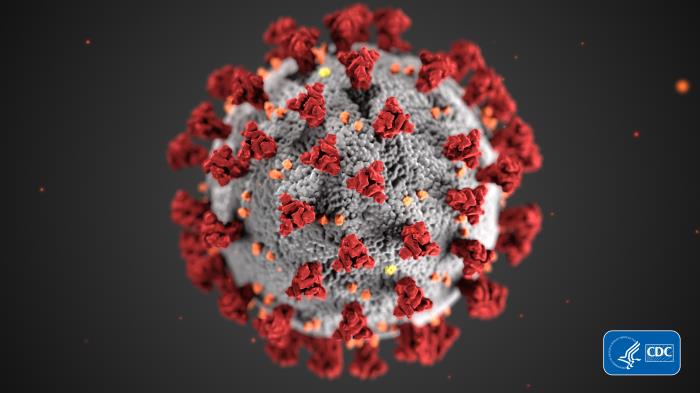
Gov. Brian Kemp will release most Georgians from the state’s shelter-in-place order after Thursday night except for people ages 65 and older, seniors living in long-term care facilities and persons with certain chronic health issues, the governor announced Thursday afternoon.
Older persons and the chronically ill, who health officials have stressed are most at risk for harmful effects from coronavirus, must remain sheltered-in-place through June 12.
Also on Thursday, Kemp outlined a series of social-distancing restrictions that Georgia businesses will need to continue following in the coming weeks, depending on the type of business. As it stands, those restrictions are poised to be lifted on 11:59 p.m. May 13.
Strict distancing rules limiting the number of customers and requiring vigorous sanitizing measures will remain in effect through May 13 for dine-in restaurants, gyms, barbershops and many other close-quarter establishments that were allowed to reopen as of Monday.
Bars, nightclubs, swimming pools and amusement parks will have to remain closed through May 13, after which they may also reopen unless Kemp moves to extend closure orders.
Georgians with chronic health conditions that the governor’s office listed are subject to the June 12 shelter-in-place order include those with chronic lung disease, moderate to severe asthma, severe heart disease, immunocompromised conditions, class III or severe obesity, and patients with diabetes, liver disease or chronic kidney disease undergoing dialysis.
For many Georgia residents and businesses, Kemp’s move Thursday looks to pare back a host of mandatory closures and restrictions on physical interactions that many health experts have credited with slowing the spread of coronavirus, but which have also prompted severely negative consequences for the state’s economy.
In a video Thursday, the governor reiterated he is basing the decision to lift most restrictions on encouraging data trends that show declining coronavirus transmission rates as well as efforts in recent weeks to ready hundreds of hospital beds for use during patient surge periods.
“The health and well-being of Georgians are my top priorities, and my decisions are based on data and advice from health officials,” Kemp said. “I will do what is necessary to protect the lives and livelihoods of our people.”
At a news conference Monday, the governor said the state largely has been following federal guidelines for deciding when to let businesses reopen, while also weighing input from local health officials and the dire financial situation facing many business owners who have been shuttered for weeks.
Hundreds of thousands of Georgians have been out of work since March with nearly 1.4 million workers and their employers having filed unemployment claims as of last week, the state Department of Labor reported Thursday. The state budget is expected to be billions of dollars in the hole due to a steep drop in recent tax revenues.
On Monday, the state’s public health commissioner, Dr. Kathleen Toomey, said Georgia is on track to see a “plateauing” of positive COVID-19 cases, even though the state had not met all the federal guidelines for allowing businesses to reopen. She noted cases of reported flu-like illnesses as well as hospitalizations have been declining and that positive cases have fallen “as a percentage of total tests.”
“We will continue to closely monitor the data to ensure these encouraging patterns we are seeing continue to improve,” Toomey said in a video Monday night.
Many local health experts have shown skepticism toward relying on models published and updated daily on the state Department of Public Health’s website. They have pointed to other models and studies, some compiled by local university researchers, that indicate Georgia could see a flare-up in coronavirus outbreaks if social restrictions are lifted sooner rather than later.
One study, released this week by the University of Georgia’s Center for the Ecology of Infectious Diseases, estimated that relaxing the social distancing measures in place since March could cause an additional 1,500 deaths from coronavirus in Georgia, plus tens of thousands more cases.
Another modeling tool, created by researchers at Georgia Tech and Harvard Medical School, predicts a second wave of COVID-19 cases and deaths could soon hit Georgia if social restrictions are loosened.
Meanwhile, Georgia Democratic leaders and lawmakers blasted Kemp on social media and in news releases Thursday afternoon. Sen. Nikema Williams, who chairs the Democratic Party of Georgia, accused the governor of “playing a dangerous game” with his decision Thursday.
“It is reckless and irresponsible for Kemp to use Georgians as the guinea pigs in a public health experiment that will go wrong,” said Williams, D-Atlanta. “Today’s decision will have consequences — for our overworked health systems, for our struggling essential workers, and for our lives.”